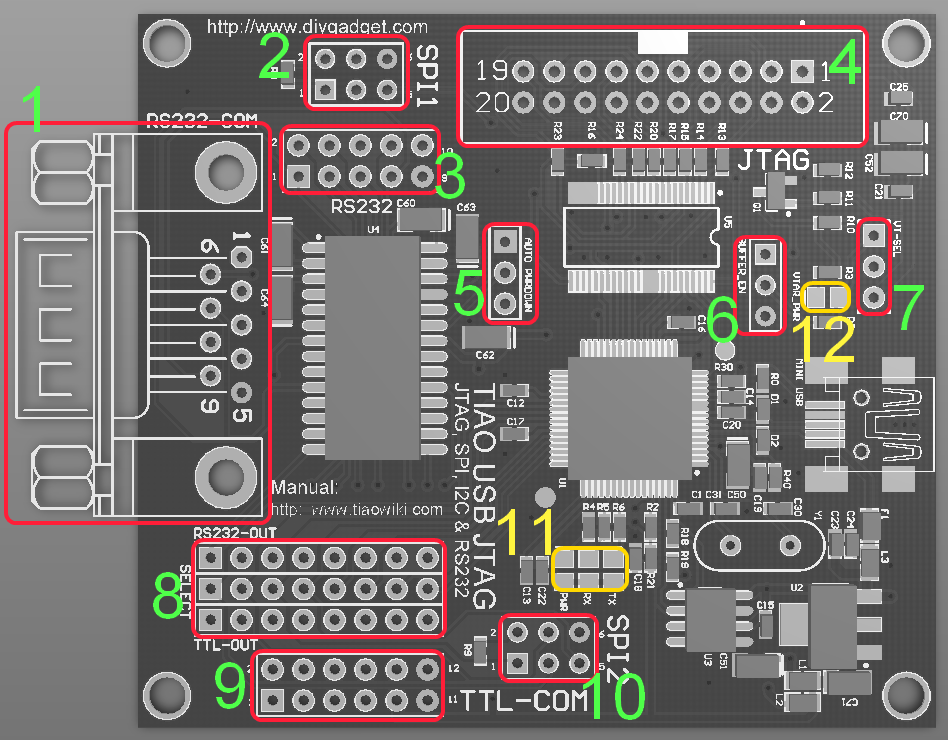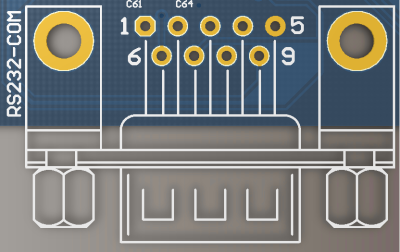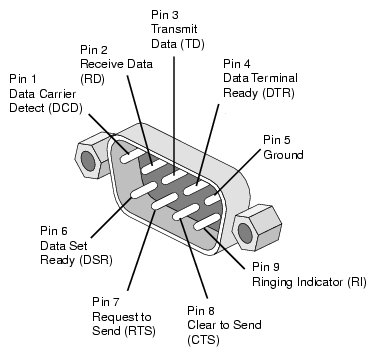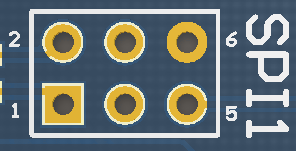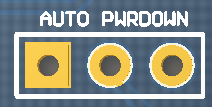TIAO USB Multi Protocol Adapter User's Manual

10 PCS, 10cm x 10cm, 2 layers prototype for $38.80 shipped!
Contents
Overview
The TIAO USB Multi Protocol Adapter (TUMPA) is a multi-functional USB communication adapter for hobbyists or engineers. The adapter is based on FDTI's flagship communication chip FT2232H, a USB 2.0 Hi-Speed (480Mb/s) to UART/FIFO IC. It has two multi-protocol synchronous serial engines (MPSSEs) which allow for communication using JTAG, I2C and SPI on two channels simultaneously.
Technical Specifications
- USB 2.0 Hi-Speed (480Mb/s)
- JTAG / IEEE 1149.1 compatible.
- JTAG Baudrate up to 30Mbits/sec (programmable)
- On board voltage translation via 74LVC14T245 (can be enabled / disabled via software or jumper)
- JTAG signals are 5V to 1.8V tolerant
- ARM Muli-ICE 20-pin header compatible.
- Separate SPI/I2C/Serial interfaces
- Configurable output of RS232 (MAX3243) or TTL level for serial communication
- Configurable auto power down for MAX3243
- Target board can be powered by TUMPA (3.3V) or self powered (via jumper)
- 4 on-board LEDs / PWR, Targt PWR, TX and RX
- 1 2x10 20 PIN JTAG header
- 1 2x5 10 PIN RS232 level 2.54mm IDC header
- 1 2x6 10 PIN TTL level 2.54mm IDC header
- 2 2x3 6 PIN SPI 2.54mm IDC header
- 1 x DB9 connector (male, RS232 level)
- Target board power jumper
- Buffer chip enable jumper
- RS232 chip auto power down jumper
- RS232 or TTL output jumber
- USB Hot-Plug / JTAG Hot-Plug.
- USB over-current protection via on-board resetable fuse.
- Strong ESD protection on USB signals.
- Based on the FTDI FT2232H USB device.
- Designed for FTDI MPSSE easy-to-use.
- Free drivers for Linux.
- Free drivers for Windows XP, Windows Vista and Windows 7
- Support both 32 bit and 64 bit operating systems
- Board dimension: 65.41mm X 58.55mm (2.58" X 2.31")
Board Layout
- DB9 male RS232 connector (Channel B)
- 2x3 standard 6 PIN 2.54mm IDC SPI connector (Channel A)
- 2x10 standard 20 PIN 2.54mm IDC JTAG connector (Channel A)
- Auto power down jumper header for MAX3243 (force on or auto power down). Default force on (jumper is on pin 1and 2)
- Buffer enable jumper header for 74LVC16T245. Default is always enabled. (jumper on pin 2 and 3)
- Buffer chip 74LVC16T245 Vcc(B) power select jumper. Default is to power Vcc(B) by TUMPA (3.3V only) (jumper on pin 1 and 2)
- 3x8 PIN RS232 or TTL level serial communication jumpmer. Default is RS232 output (jumpers short rowtop and middle rows) (Channel B)
- 2x6 PIN TTL level 2.54mm IDC serial header (channel B)
- 2x3 PIN 2.54mm IDC SPI header (channel B)
- Target board power LED. Indicates target board has power.
- Status LEDs. From left to right: Power (indicates TUMPA is powered on), RX and TX.
Connector Pinout
DB9 Male RS232
This connector is enabled only if RS232/TTL jumpers are on RS232-OUT
| Pin # | Acronym | Full name | Direction | Description |
|---|---|---|---|---|
| 1 | DCD | Data Carrier Detect | <<-- | Modem connected to another |
| 2 | RxD | Receive Data | <<-- | Receives bytes into PC |
| 3 | TxD | Transmit Data | -->> | Transmits bytes out of PC |
| 4 | DTR | Data Terminal Ready | -->> | I'm ready to communicate |
| 5 | SG | Signal Ground | Ground/GND | |
| 6 | DSR | Data Set Ready | <<-- | I'm ready to communicate |
| 7 | RTS | Request To Send | -->> | RTS/CTS flow control |
| 8 | CTS | Clear To Send | <<-- | RTS/CTS flow control |
| 9 | RI | Ring Indicator | <<-- | Telephone Line Ringing |
SPI Connector 1
| Pin # | Description |
|---|---|
| 1 | MISO |
| 2 | Vcc (connected to on board 3.3V) |
| 3 | SCK |
| 4 | MOSI |
| 5 | CS |
| 6 | GND |
20 PIN JTAG Connector
| Pin # | Description |
|---|---|
| 1 | VTAR |
| 3 | nTRST |
| 5 | TDI |
| 7 | TMS |
| 9 | TCK |
| 11 | RTCK |
| 13 | TDO |
| 15 | RST |
| 17 | DBGRQ |
| 19 | DBGACK |
| 2 | Not Connected |
| 4, 6, 8, 10, 12, 14, 16, 18, 20 | GND |
MAX3243 Auto Power Down Jumber
This jumper controls whether to always enable MAX3243 or let FT2232H automatically enables it (save power).
- Jumper on PIN 1 and PIN 2: Always enable MAX3243
- Jumper on PIN 2 and PIN 3: FT2232H (PWREN, PIN 60)controls when to enable or disable MAX3243.
Buffer Enable Jumper
This jumper controls whether to software enable/disable buffer chip (74LVC16T254).
- Jumper on PIN 1 and PIN 2: Enable (Low)/Disable (High) 74LVC16T245 via FT2232H's ACBUS3 (PIN 29).
- Jumper on PIN 2 and PIN 3: Always enable 74LVC16T245
Buffer Chip Power Selection Jumper
This jumper controls how to power the buffer / voltage translator chip (74LVC16T245)
The 74LVC16T245's Vcc(A) is connected to on board +3.3V. You can either power the Vcc(B) using on board +3.3V or powered by the target board. If powered by target board, please make sure the target board's power is in the range of +1.8V - +5.5V.
- Jumper on PIN 1 and PIN 2: Power the buffer chip 74LVC16T245's Vcc(B) via the on board +3.3V source.
- Jumper on PIN 2 and PIN 3: Power the buffer chio 74LVC16T245's Vcc(B) by target board. (PIN 3 of this header is connected to JTAG header's PIN 1)

10 PCS, 10cm x 10cm, 2 layers prototype for $38.80 shipped!
